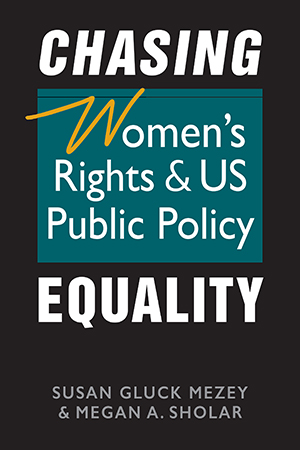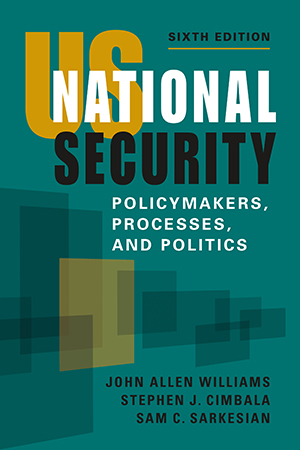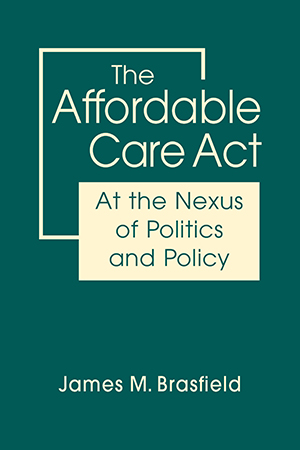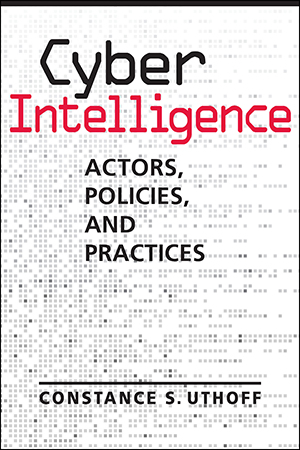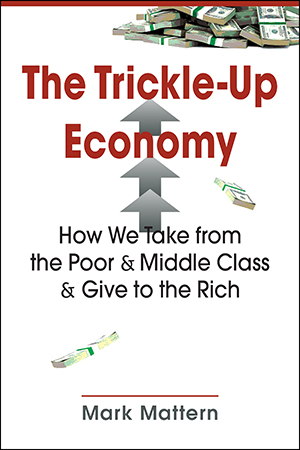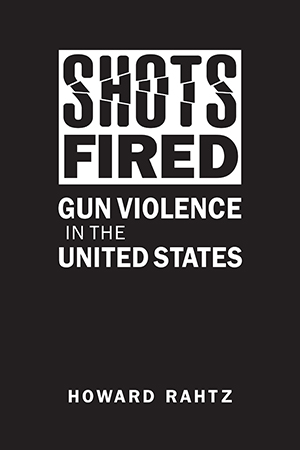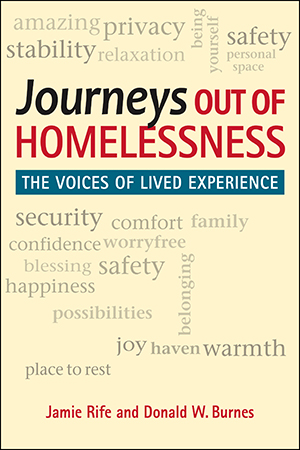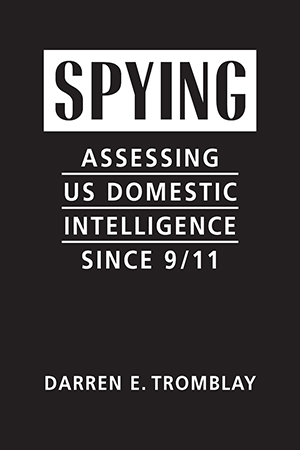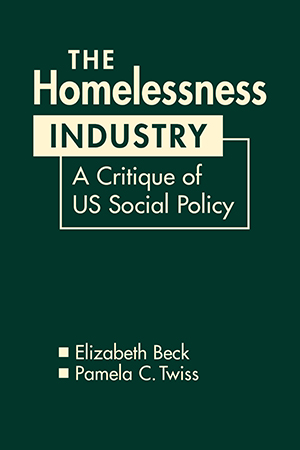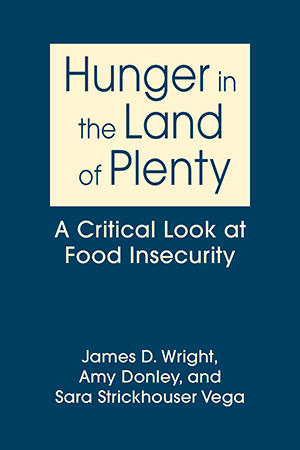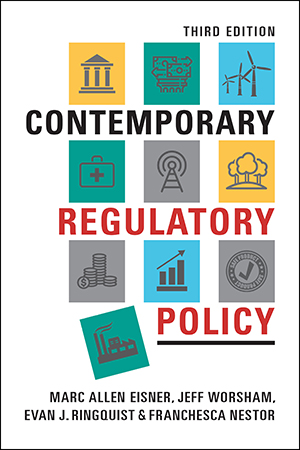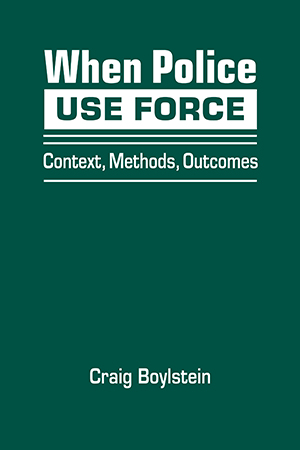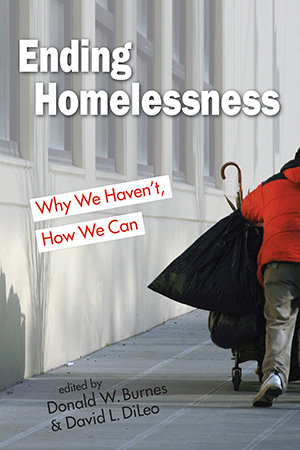Public Policy
Despite women's many gains in the political, economic, and social spheres, equality remains elusive—and in some areas, ground is being lost. Why? Why does the pay gap between women More >
Every year, the US Department of Defense allocates more than $400 billion to for-profit firms. Which raises the question: Where does the money go? Thomas Bruneau takes a deep dive into the More >
Choice Outstanding Academic Book! The main focus of US national security policy has shifted dramatically since the years of the Obama administration, moving away from nation building and More >
In the more than a decade since the enactment of the Affordable Care Act, questions about the law continue to be vigorously debated. What political dynamics led to its passage? Why has it More >
US national security compromised by Wikileaks. Towns held hostage by ransomware. Corporate websites hacked. Cyber espionage and cybercrimes are increasing in both frequency and More >
One of the most durable myths of US political economy is that we take from the rich and give to the poor—penalizing the rich for their hard work and rewarding the undeserving. Mark More >
Mass killings. Gang violence. Street crimes. Suicides. Accidental shootings. The United States is enduring a literal epidemic of gun violence. Howard Rahtz, drawing on decades of experience More >
How do individuals move from being homeless to finding safe, stable, and secure places to live? Can we recreate the conditions that helped them most? What policies are needed to support what More >
Initiated in the aftermath of the September 11 terrorist attacks, have the reforms of the US intelligence enterprise served their purpose? What have been the results of the creation of the More >
Homelessness once was considered an aberration. Today it is a normalized feature of US society. It is also, argue Elizabeth Beck and Pamela Twiss, an industry: the embrace of More >
In the United States today, 50 million people don't have enough food. How is this possible in one of the world's wealthiest countries? Why hasn’t the problem been solved? Is it More >
The third edition of Contemporary Regulatory Policy brings this classic text completely up to date—reflecting more than a decade of policy changes and including an entirely new chapter More >
Long a source of contention and ambiguity in Washington, the US Institute of Peace (USIP) is seen by some as a vital part of the US national security apparatus, by others as a counter to the More >
New technology has offered the public the opportunity to witness police use of force far more frequently than in the past—and has brought into sharp focus a number of big questions. More >
Despite billions of government dollars spent in the attempt, we are no closer than we were three decades ago to solving the problem of homelessness. Why? Tackling these questions, the More >


